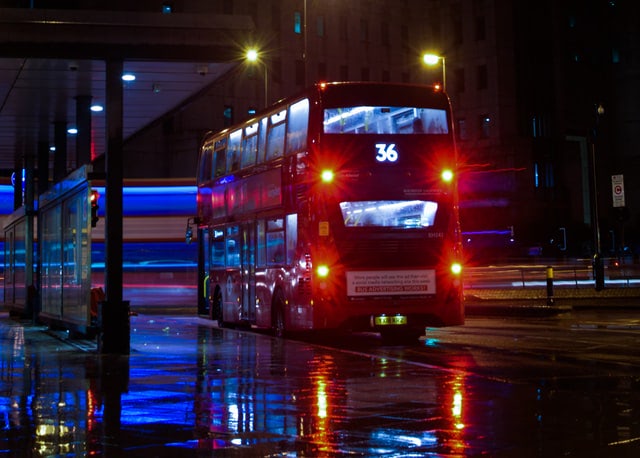Generation of Londoners will be shut out of education, training and jobs – call to re-instate free travel for under 18s

@AoC_Info – Generation of Londoners will be shut out of education, training and jobs – call to re-instate free travel for under 18s
College leaders across London and the Association of Colleges are calling on the Secretary of State for Transport to save the 16+ Oyster Card and give young people the opportunity to get back on their feet after coronavirus. Through local campaigns and a letter to the Transport Secretary, the coalition is also backing a campaign led by the Child Poverty Action Group (CPAG) for the reinstatement of free travel for all under 18s: Don’t Zap the Zip: Keep London transport free for under 18s.
Today, the Association of Colleges has written to the Secretary of State for Transport, Grant Shapps calling on the government to reverse the decision to suspend free travel for young Londoners. Leaders from London’s colleges are also be writing to their MPs warning of the detrimental impact on young people’s education and training opportunities and the risk shutting out the most disadvantaged from moving around the city could have.
All further education colleges in London, the Association of Colleges and CPAG put safety first and are concerned that public transport should not be used before it is safe to do so while coronavirus is still a threat to public health. Reopening plans for colleges include minimising travel on public transport, with continued staggered opening hours, plans for cycling support and reduced cohorts of students. However, 168,000 students in 16 to 18 education, including almost a quarter on free (school) meals will face severe cost barriers to opportunities and overall quality of life if free travel for all under 18s is suspended.
A suspension would mean that for the first time travel becomes a cost barrier to young people’s participation in education in the capital. As the country recovers from the pandemic, it is essential that young people are supported to get back on their feet and access the opportunities that will be so vital in a jobs and skills market that has suffered greatly over recent months. Young people disproportionately suffer during economic recessions and scrapping free travel risks shutting out the most vulnerable and disadvantaged young people even further.
AoC’s Area Director (London), Mary Vine-Morris said: “Travel around the capital can be expensive, especially for young people. That’s why so many students rely on their 16+ Oyster card to get to school or college, train and experience all that London has to offer. Opening up London to young people has never been more important and the decision to remove subsided travel from those who need it most will restrict a whole generation from accessing learning, opportunity and London’s rich culture.
“London’s colleges know this better than most, with many students having to use buses and trains to access a course or employer that focuses on their specialism. Travel costs should not be a barrier to any young person’s education or limit their choices when deciding what is the best next step for them. If free travel is removed for the capital’s 16 to 18-year-olds we risk a real step backwards in levelling the playing field for every young person to access opportunities to better their lives and reach their full potential.”
Alison Garnham, Chief Executive of CPAG, said: “We are deeply concerned that the suspension of free travel for under 18s will hit the poorest Londoners hardest. There are 2 million under 18s living in London and 37 per cent of them are living in poverty: families are already struggling and have suffered job losses and income shocks as a result of the pandemic. The government should not be creating extra expense for already struggling families and nor should they be restricting children’s independence and mobility.
“The current health crisis means that many families may already be worried about sending their children back to school, and suspending free travel will only create an additional barrier to them. It will also mean that children and young people are more limited to their local area, less able to access services, and more likely to miss out on sports, leisure and cultural activities. If the priority is to enable all children to reach their full potential, the Government should drop the planned suspension of free travel and focus on positive ways to encourage children to engage in enriching activities, including walking and cycling.”











Responses